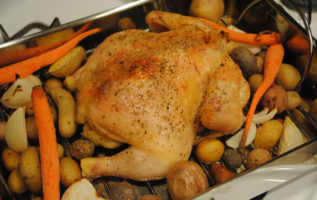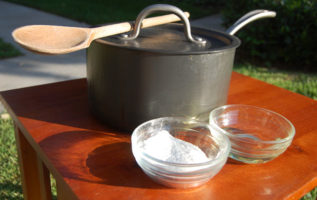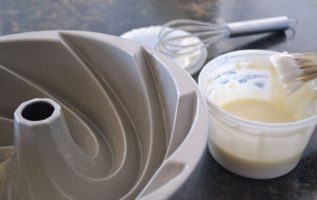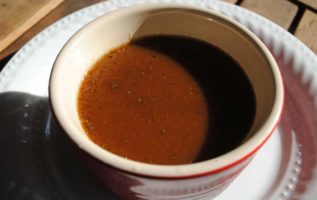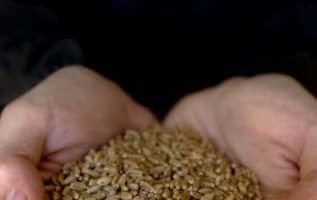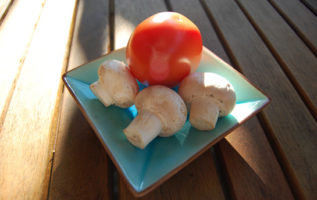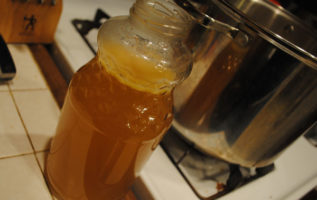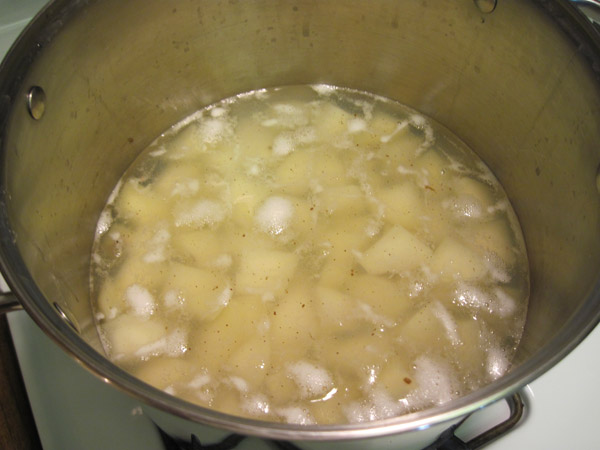
Par-what? You may have heard this term on the Food Network from a chef sprinkling it in sentences the same way he does salt on food, or read it in a recipe that instructed you to do it but offered little else. In the past, you may have nodded your head in affirmation of the merits of par-boiling, despite not knowing where to parse the “par” and the “boil,” while all the time wondering what golfing and hot water have to do with each other in the first place.
After reading this, you’ll be the one using the word, leaving others wondering in your vernacular wake.
Let’s start with the definition: Parboil, as defined by Merriam-Webster, means “to boil briefly as a preliminary or incomplete cooking procedure.”
In deeper culinary terms, parboiling is actually a form of blanching, in which you immerse a food in hot liquid, barely or partially cooking it (Get it? Partially— or par.)
Application: Definitions are one thing, real-world use is another. So why would you want to partially cook anything? I mean, isn’t that unhealthy? Not necessarily. For our application, think of parboiling as an opportunity to give things a head-start in the kitchen, a culinary shortcut, in a way. It’s a method of starting the cooking process one way before it is finished using another.
Example: Potatoes are a great candidate for parboiling because they tend to take a while to cook. So, say you like to cook potatoes in a skillet but often end up with blackened chunks instead of nicely-browned, crispy spuds due to them being on the heat for so long.
Parboiling can help. In this case, you would cut the potatoes into chunks, drop them (gently) into boiling water, and cook until they were tender. You could then fry them in a skillet to get perfectly browned potatoes that are crisp on the outside and soft within. For those who like to plan ahead, you could parboil the potatoes, cool them off with running water, refrigerate, and then they’d be ready for the skillet the next day, saving time and effort.
So there you go. Parboiling in a nutshell. Er, potato skin.
Are you a fan of the par-boil? Write about your experience with this cooking method, ask questions or share advice in the comments area below.
Source: iwanttocook.com (defunct blog)




















